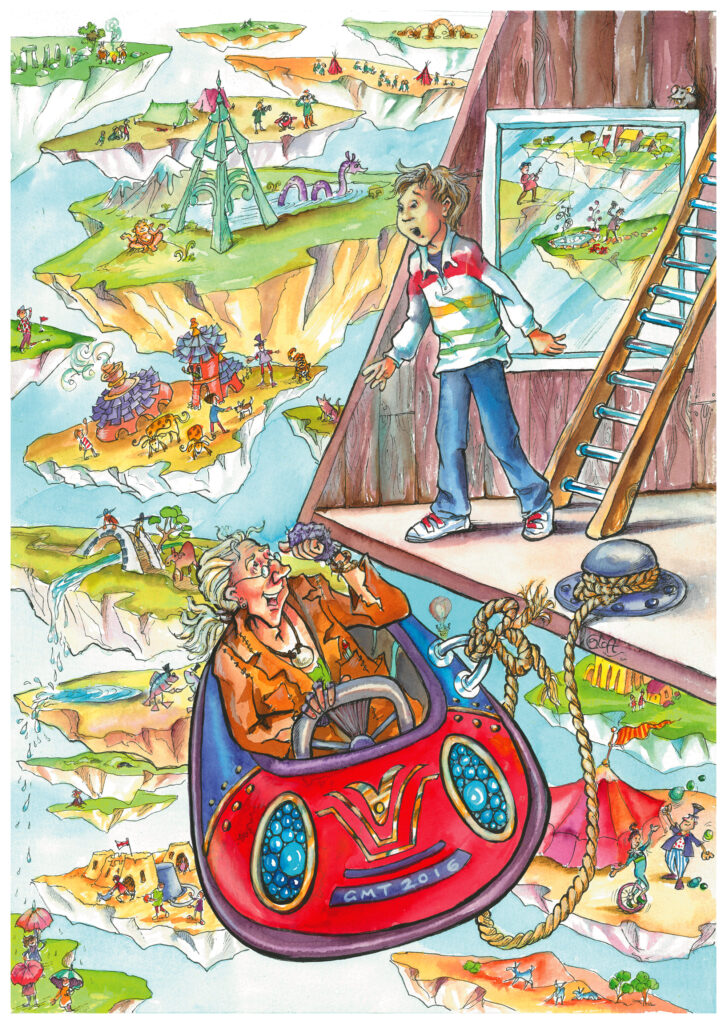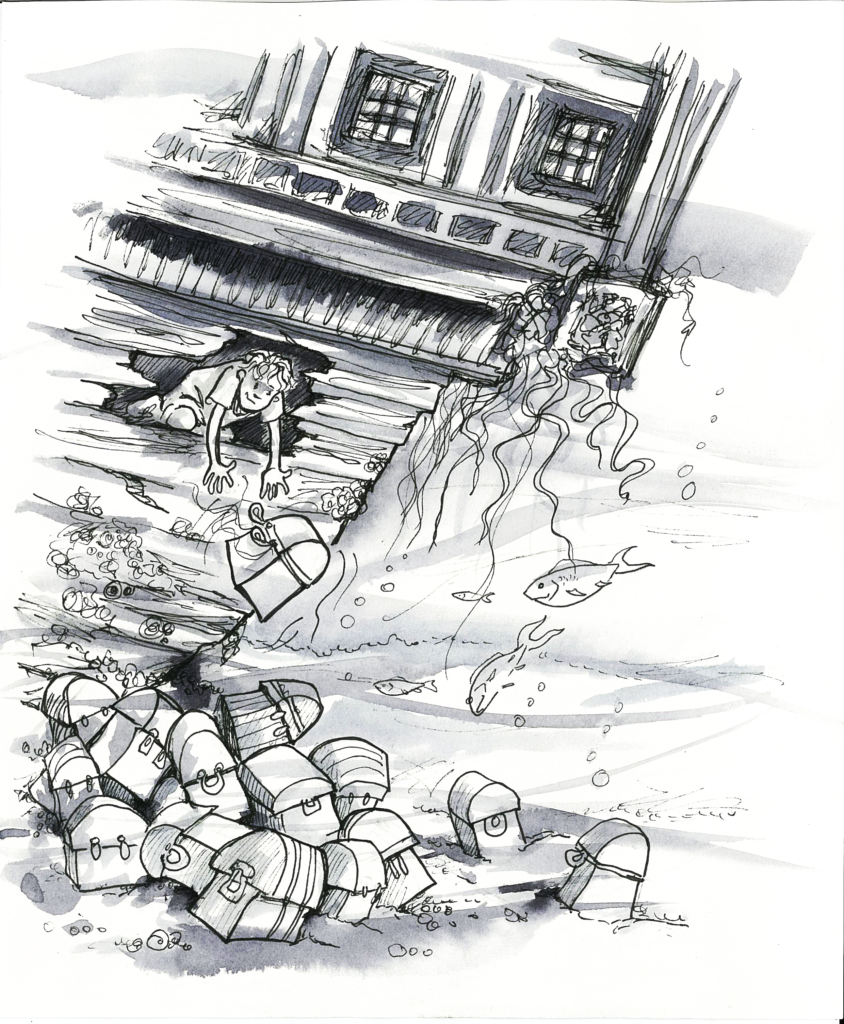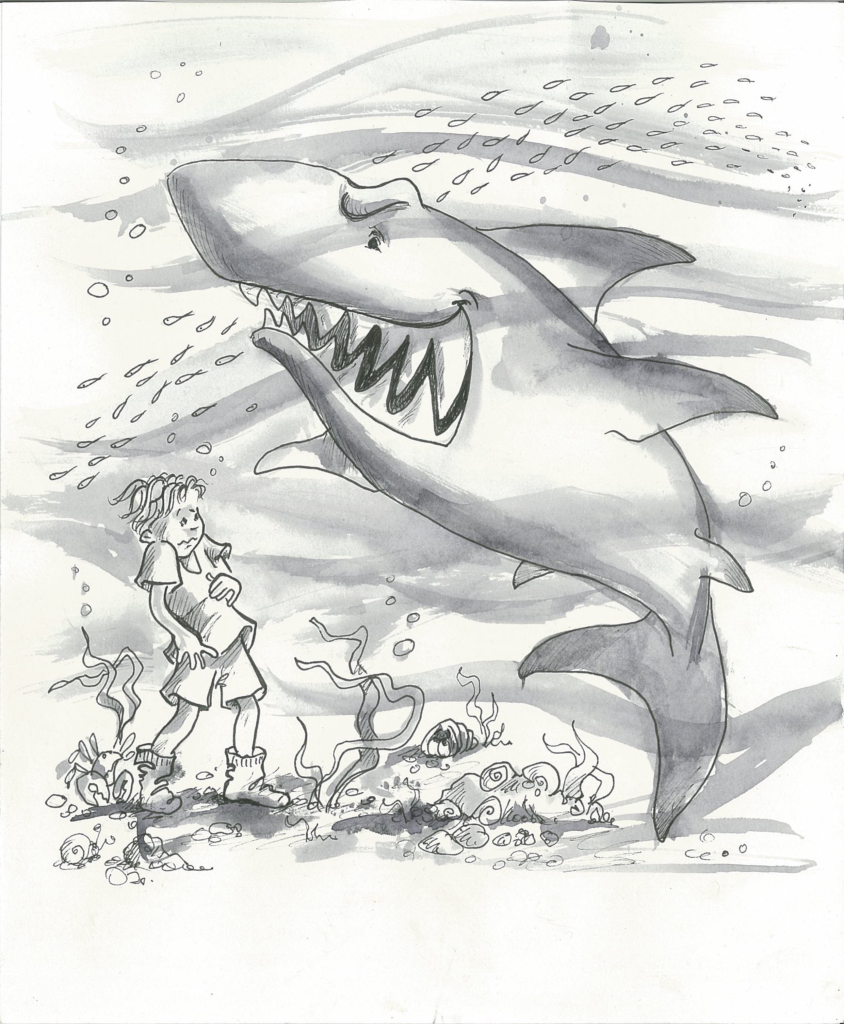Introduction
Dyslexia is a learning difficulty that primarily affects reading and writing. For school-age children, dyslexia can make tasks like reading fluently, spelling correctly, and understanding written words much harder than they are for other children. It’s important to know that dyslexia does not reflect a child’s intelligence or potential. Many children with dyslexia are just as bright as their peers but simply learn in different ways. If you’re a parent of a child with dyslexia, understanding how it affects them during their school years can help you provide the right support and encouragement.
How Dyslexia Affects Children in School
Dyslexia impacts children in several key areas related to learning, particularly in reading, writing, and sometimes even maths. In school, where so much of learning is tied to reading and written instruction, these challenges can become apparent quite early on.
Reading and Writing Struggles
One of the hallmark signs of dyslexia is difficulty with reading. Children with dyslexia often struggle with decoding words, which means they have a hard time matching letters with sounds and blending those sounds to form words. As a result, reading becomes slow and laborious, and this can make it difficult for them to keep up with their peers.
Writing can also be particularly challenging. Children with dyslexia may have trouble spelling, even with simple words, and their handwriting can be messy or disorganized. Writing tasks that require children to put their thoughts on paper can feel overwhelming for a dyslexic child.
These challenges can also affect their performance in other subjects. For example, in maths, word problems that require reading and understanding text can be harder to solve. Similarly, learning subjects like history and science, which often involve reading comprehension, can pose difficulties.
Self-Esteem and Confidence
Because so much of early schooling revolves around reading and writing, children with dyslexia may feel discouraged or frustrated when they see their classmates reading fluently or completing writing assignments quickly. This can lead to feelings of inadequacy or even anxiety around schoolwork.
It’s not uncommon for children with dyslexia to feel like they aren’t as “smart” as their peers, but this is far from the truth. Dyslexia has nothing to do with intelligence—it simply means the brain processes language differently. Early recognition and support can help prevent these feelings of self-doubt from impacting their confidence.
Strengths and Advantages of Dyslexia
While dyslexia presents challenges in school, it’s important to recognize that children with dyslexia often possess unique strengths and talents. Their brains are wired differently, and while this may make reading more difficult, it also can offer advantages in areas such as creativity, problem-solving, and big-picture thinking.
Creative Thinking and Problem Solving
Children with dyslexia often excel in thinking outside the box. Because their brains process information differently, they may develop unique ways of approaching problems and solving them. This kind of innovative thinking is a strength in fields that require creative solutions, such as art, design, and even business.
Strong Spatial Reasoning
One well-known advantage for many people with dyslexia is strong spatial reasoning skills. Dyslexics tend to think visually and have an exceptional ability to understand how objects fit together in space. This skill is particularly valuable in fields such as architecture, engineering, and the arts. Many famous architects, like Frank Gehry, are dyslexic and credit their visual thinking abilities as an asset in their work.
Emotional Resilience
Because dyslexic children often have to work harder to keep up with schoolwork, they develop resilience and determination. Overcoming their learning challenges helps them build grit, which can serve them well in life beyond school. These children learn that hard work and persistence can pay off, and they often develop strong problem-solving skills as a result.
How Schools Support Dyslexic Children
Schools are becoming increasingly aware of dyslexia and its impact on learning, and many have put systems in place to support dyslexic children so they can thrive academically.
Early Identification and Intervention
Early identification of dyslexia is crucial. The earlier a child’s dyslexia is recognized, the sooner they can receive the support they need to succeed. Teachers are often trained to notice signs of dyslexia, such as slow reading progress, trouble with spelling, or difficulty following written instructions. If dyslexia is suspected, schools may recommend an educational assessment to diagnose the child.
Once a child is diagnosed with dyslexia, schools typically create a personalized learning plan. These plans outline the specific accommodations and support the child will receive based on their needs.
Accommodations and Specialized Support
Schools generally offer a variety of accommodations to help dyslexic children succeed. These might include:
- Extra Time on Exams and Assignments: One common accommodation is providing additional time to complete exams and assignments. Dyslexic children may need more time to read through questions and carefully work through written tasks. Allowing them extra time helps level the playing field.
- Helpful Technology: Many schools offer access to technology that can make learning easier for children with dyslexia. For example, text-to-speech software can read aloud the content of books and assignments, helping children who struggle with reading comprehension. Similarly, speech-to-text software can help with writing tasks by allowing children to speak their thoughts instead of typing or handwriting them.
- Multisensory Learning: Teaching methods that engage multiple senses, such as sight, sound, and touch, can be particularly helpful for children with dyslexia. This might include using hands-on materials, visual aids, and auditory learning strategies to reinforce reading and writing skills. Multisensory approaches help dyslexic children learn by reinforcing concepts through different types of input.
- Reading Specialists: Some schools employ reading specialists who work one-on-one or in small groups with dyslexic students. These specialists use structured literacy programs designed to help children improve their reading skills by teaching phonics, decoding strategies, and reading comprehension techniques in a step-by-step manner.
Building Confidence
In addition to academic support, it’s important for schools to foster a positive and supportive environment where dyslexic children can build their self-confidence. Teachers can play a key role by praising children’s efforts, encouraging them to celebrate small victories, and emphasizing that everyone learns differently. This helps dyslexic children feel valued for their unique strengths rather than focusing solely on their struggles.
How Parents Can Support Dyslexic Children
Parents play a vital role in supporting children with dyslexia. At home, there are several ways you can help:
- Stay Positive: It’s essential to remain positive and remind your child that dyslexia doesn’t define them. Reinforce their strengths and encourage them to embrace their unique way of learning.
- Work with the School: Maintain open communication with your child’s teachers and stay involved in their education. Understand the accommodations and support available, and collaborate with the school to ensure your child is getting the help he/she needs.
- Encourage a Love of Learning: Dyslexic children may become discouraged by reading, but you can help them develop a love for learning through other means. Explore audiobooks, educational videos, and hands-on activities that allow them to engage with subjects they enjoy in a way that feels less overwhelming.
- Celebrate Effort, Not Just Achievement: Focus on effort rather than results. Celebrate the hard work your child puts in, even if their progress seems slower than others. This helps them build perseverance and a positive attitude toward learning.
Conclusion
Dyslexia is a common learning difficulty that affects how children read, write, and process language, but it does not limit their intelligence or potential. While dyslexia can pose challenges during the school years, it also comes with unique strengths, such as creative thinking and strong spatial reasoning. Schools today are better equipped than ever to support dyslexic children through personalized learning plans, specialized teaching methods, and accommodations like extra time on tests.
With the right support, both in school and at home, children with dyslexia can thrive academically and build the resilience they need to succeed in life. If your child is dyslexic, remember that their learning journey may be different, but it can be equally rewarding—and they have the potential to achieve great things in their own unique way.
Links to Other Pages
Read More Articles
Read FREE Children’s Stories
Back to Home Page
.





